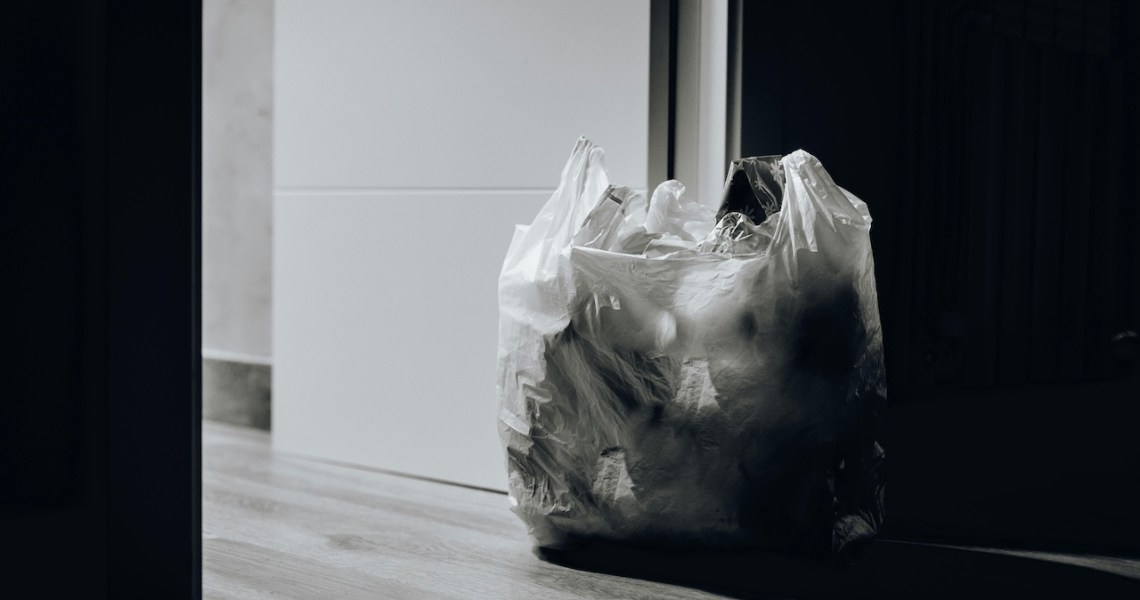LVMH-owned Sephora has reached a settlement in California to pay $775,000 for the alleged mishandling of damaged, returned or expired cosmetics in 31 Northern California Sephora stores.
Many cosmetics are classified as hazardous waste in California, including anything that is flammable or may contaminate groundwater or the natural environment if sent to a landfill. These products must be disposed of in ways permitted by the state which often include incineration by a state-approved hazardous waste management company.
Common examples include fragrance, nail polish, sunscreen, electronic beauty devices, cosmetics with certain regulated ingredients, hair dye and aerosol sprays. These categories make up a percentage of the beauty products that are illegal to dispose of in everyday trash bins by businesses operating in California.
Sacramento district attorney Thien Ho, working with 24 district attorneys’ and city attorneys’ offices, allege that the retailer “improperly handled waste that met the definitions of hazardous or medical waste under California law,” which “consisted largely of damaged, returned or expired items which could not be sold.”
Sephora will pay $550,000 in civil penalties, $200,000 in cost recovery, $25,000 to the California Environmental Protection Agency and around $77,000 to Sacramento County.
Similar actions were taken against Ulta Beauty and Sally Beauty in California in 2021. The cases resulted in Ulta Beauty paying out $752,000, while Sally Beauty paid out nearly $2 million.
“These continued enforcement efforts ensure businesses follow the law when it comes to handling hazardous waste,” said D.A. Ho in a statement. “Our office is committed to protecting both the public and the environment, and we will hold companies accountable to ensure they operate responsibly and within the law.”
According to Northern California publication SF Gate, the 31 Bay Area Sephora locations in alleged violation include Powell Street in San Francisco, Santana Row in San Jose and Stanford Shopping Center in Palo Alto.
“If you’re a commercial location, it’s really important to know what’s in your waste — especially in California,” said Kevin Flynn, global vp of operations at TerraCycle, a private recycling business that works with retailers like Nordstrom and Walmart to collect hard-to-recycle products through in-store bins. “Waste classification is a very complicated thing, … and it’s very expensive.”
A patchwork of laws in California, mixed with federal law, make this increasingly challenging for retailers, experts told Glossy.
“California is kind of everyone’s [regulatory] nightmare,” said a business leader in the consumer product regulatory space who preferred to remain anonymous. “Everyone [in the U.S.] has to adhere to the federal mandate, which is like, ‘Hey, if this lights on fire or is a corrosive acid [it’s hazardous under the Resource Conservation and Recovery Act], but in California, you have to follow additional requirements around California state waste [laws] that require a more nuanced classification.”
A rep from Sephora declined Glossy’s request for an interview but provided a statement on behalf of the company: “We have always taken environmental protection seriously. … Sephora’s approach to handling hazardous waste from California stores has always been in strict compliance with the hazardous waste control law. In order to move forward, we agreed to comply with the task force and settle without admitting wrongdoing.”
Sephora is well-known in the industry for its Pact Collective-led Beauty (Re)Purposed empties collection program, which turns empty packaging into new items instead of landfill waste. The company reports its year-over-year environmental impact and progress in its public Global Impact Report.
“Unfortunately, bad things have happened as a result [of hazardous waste not being managed properly],” said Tag Ceder, a longtime beauty exec who has worked with skin care and medical spas on hazmat management in the past. “So while cosmetics aren’t as big and harmful [as other industries], is it good to have this stuff [leach into] wastewater and then show up in our faucet water? No.”
Popular hazardous waste providers in California include Republic Services, US Ecology and IDR Environmental Services, which can be contracted by businesses that generate or collect hazardous waste. Terracycle does not offer hazardous waste management services.
“Typically, a [hazmat service provider will deliver] a 55-gallon steel drum in the back of your facility to go right next to your recycling box for your light bulbs and your batteries, and all your other regulated waste,” Flynn said.
Experts told Glossy that many retailers instruct workers to be very conservative on what makes it into the hazmat bin, since its processing is more expensive than other categories. However, this can be very complicated since every single beauty product has its own safety data sheet, provided by the manufacturer, that includes applicable information.
Other areas of focus for California regulators include electronics, e-cigarettes and vapes. Still, the beauty industry, which is valued at around $650 billion today, remains a focus. “Even if you’re a medium-sized business in California, the regulators will come by, and so it’s worth a proactive investment,” Flynn said. “[California regulators] see themselves as leading the way for the rest of the country in this, so it’s quite commonplace to have businesses, even small businesses, getting citations and fines for not handling their waste in the right way.”




